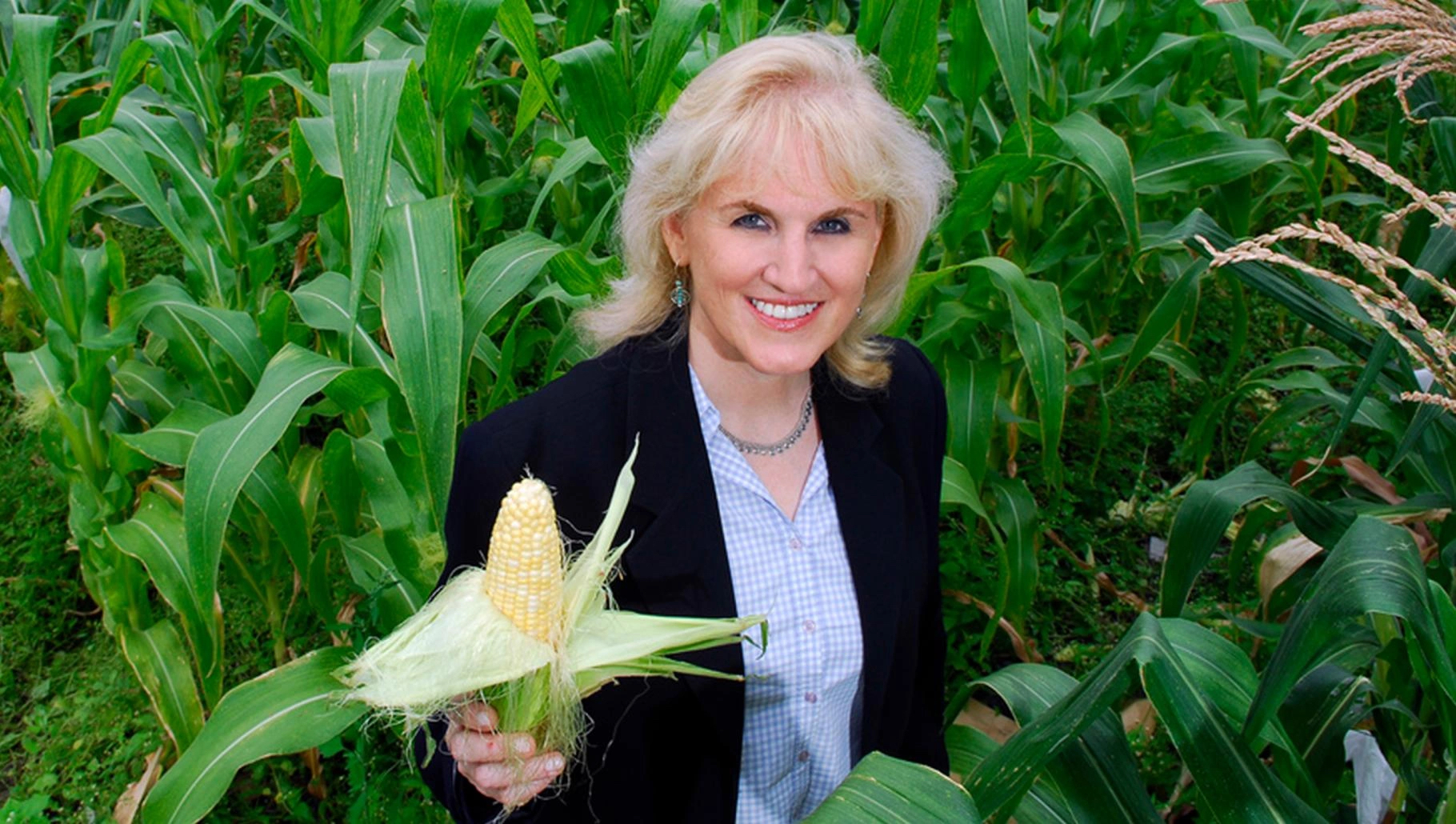- Lehman College >
- News >
- 2023 >
- Eleanore Wurtzel Honored with Lifetime Achievement Award in Plant Sciences
News
Search All News
Wednesday, February 4, 2026
CONTACT
Office Hours
Monday - Friday 9am - 5pmClosed Sat. and Sun.
RELATED STORIES
February 4, 2026
Lehman College Launches New Podcast, 'Your Health Equity Matters'
January 29, 2026
Eleanore Wurtzel Honored with Lifetime Achievement Award in Plant Sciences

June 13, 2023
The International Carotenoid Society has presented one of its most prestigious awards to Professor Eleanore Wurtzel, a leader in the field of carotenoid biochemistry who is on the faculty at Lehman College and the CUNY Graduate Center.
The biologist was bestowed with the Trevor Goodwin Award for lifetime achievement in recognition of her pioneering work in carotenoid biochemistry. Wurtzel’s research on carotenoid biosynthesis has pushed the development of sustainable solutions to vitamin A deficiency, which causes millions of children around the world to suffer from increased mortality and disease. The condition is linked to diets lacking provitamin A carotenoids, found in rice, maize, and other staple crops.
“I feel incredibly humbled by this honor,” Wurtzel told the Graduate Center.
Wurtzel’s lab at Lehman College has contributed a stream of research to advance the understanding of how carotenoids are made in major food crops. In 2015, the lab identified a new plant enzyme, named Z-ISO, essential for controlling levels of carotenoids in plants and algae. The discovery proved to be a key advancement against vitamin A deficiency.
This longstanding research effort has been a collaborative endeavor of scientists and students from around the world, including CUNY Ph.D. students, master’s and undergraduate students from Lehman College, and local high school students.
Wurtzel is the first American and the first woman to receive the award in a field she describes as “male-dominated.”
“I am doubly humbled. Not only were my work and contributions recognized, but I've been given this opportunity,” she said. “Because women have not been recognized as often as men … it's an opportunity to be a role model.”
The daughter of World War II refugees, Wurtzel grew up in New York City. Her father was an engineer. Her mother, who had a high school education, started taking classes at CUNY when she was in her 40s, and in 1982, when she was 50, she and her daughter both received Ph.D.s in biology. “When I was growing up, I always had the message, you can do anything,” Wurtzel said.
She advises students to follow their passions but to have a plan. “Know why you’re going for a Ph.D. or other degree,” she said. “Where is it taking you? … You have to have a long-term plan.”
The society will honor Wurtzel with the award at a July conference in Japan.
In 2006, Wurtzel was elected a fellow of the American Association for the Advancement of Science. In 2012, she was named a fellow by the American Society of Plant Biologists for “distinguished and long-term contributions to plant biology.” In 2017, the International Carotenoid Society also honored her as a fellow. Earlier this year, Wurtzel began serving as an editor-in-chief of the journal Plant Science.
Research in the Wurtzel lab has received over 25 years of funding from the National Institutes of Health as well as funding from the National Science Foundation, American Cancer Society, Rockefeller Foundation International Rice Biotechnology Program, McKnight Foundation, United States Department of Agriculture, New York State, and industry.
Originally Published by the CUNY Graduate Center Office of Communications and Marketing









